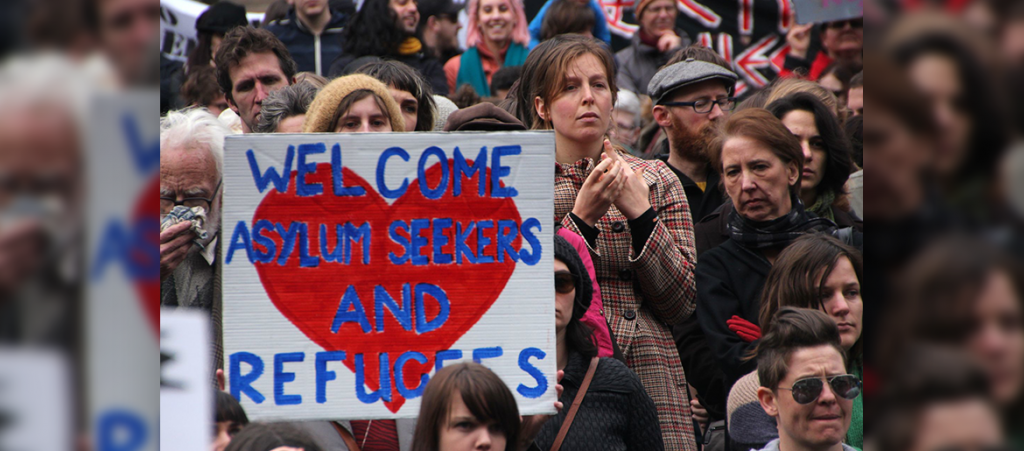
BY EVANGELINE POLYMENEAS
In a sneaky move on May 13, while the country was mostly distracted by the 2021 Federal budget, the Australian government quietly passed the Migration Amendment (Clarifying International Obligations for Removal) Bill 2021. Context: even the Parliament’s own joint committee on human rights said this law would be a bad idea… But it was passed anyway, and people are justifiably fuming. Changes to the Migration Act now allow the government to detain non-citizens indefinitely at the discretion of the Minister for Immigration (currently Alex Hawke). What does this amendment mean for refugees in Australia?
How do changes to the Migration Act compare to the previous legislation?
The Minister has always had the power to cancel the visa of a refugee (someone who has been granted refugee status in Australia). Prior to the changes, when the Minister cancelled the visa of a refugee the person had the option to return to their origin country or be removed from Australia. But now, the Minister can keep the refugee in Australian detention forever if that person faces persecution in their origin country.
Essentially, refugees on cancelled visas used to have the option to leave Australia – now they face remaining in detention for the rest of their lives.
What gives the Minister grounds to cancel a visa?
This is the concerning stuff. The Department of Home Affairs has discretionary power to decide whether visas get cancelled. These decisions can be appealed to an independent Administrative Tribunal… unless the decision to cancel a visa was made by the Minister personally, then the decision is final.
Why would the Minister cancel a visa? Section 501 of the Act details the criteria of refusing or cancelling a visa on character grounds. It details a wide variety of traits that would deem a person not of sound enough character to be entitled to a visa in Australia, including anything from obtaining criminal convictions, being suspected (but not convicted) of serious crimes, and even for merely ‘associating’ with people who are suspected by the Minister of wrongdoing.
The reasons for cancelling a visa don’t need to be proven in a court of law to be used against a refugee, and the legislative framework doesn’t require the Minister to provide any justification at all. Basically, if the Minister thinks you or one of your friends, relatives, or acquaintances is suss, you could be put in detention for the rest of your life.
What does this mean for non-citizens on refugee status?
This amendment means those on refugee status visas live in limbo. At the Ministers discretion, their behaviour could be subject to review and result in indefinite detention. No court system, no justice system, no fair trials, regardless of how long they have been in Australia.
One decision made against them, at any point – forever in detention.
Does this new law break international law?
In a strange attempt to flip the narrative, Immigration Minister Alex Hawke claims this new law is actually promoting human rights. Let’s be clear: it’s not. His ‘logic’ is that because Australia is apparently committed to non-refoulement (essentially, we believe these people will be at risk of persecution if they go back to their origin country) and to protect them from that we will keep them here in detention for the rest of their lives.
International law does not allow for the indefinite detention of refugees with no reasonable grounds. It goes against the International Covenant on Civil and Political Rights (‘ICCPR’) which Australia is a signatory to and applies to every country in the world. While the changes to the Migration Act are an attempt by the government to legislate out of their obligations to this international law, as a customary law it is binding on Australia regardless of what our domestic laws say.
Further, this amendment has the potential to cause implications for Australia’s obligation to not subject anyone to torture, or to cruel, inhumane or degrading treatment or punishment.
But because it is difficult to enforce international law, and Australia is protected by our allies in the U.S, U.K, and China, our government will get away with no consequences.



